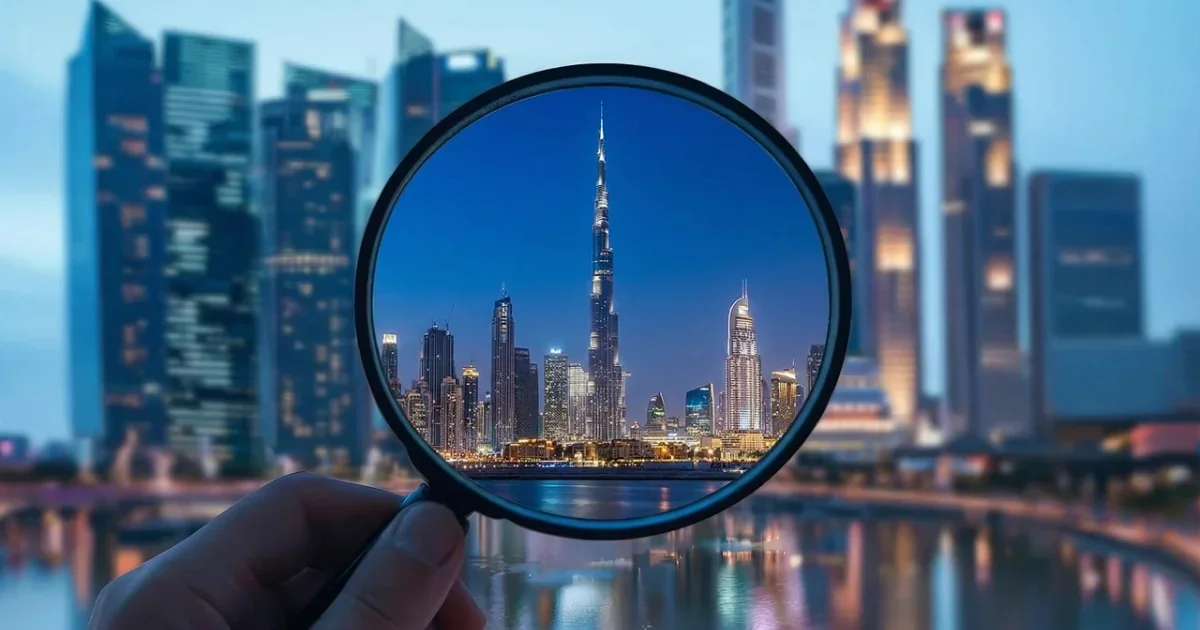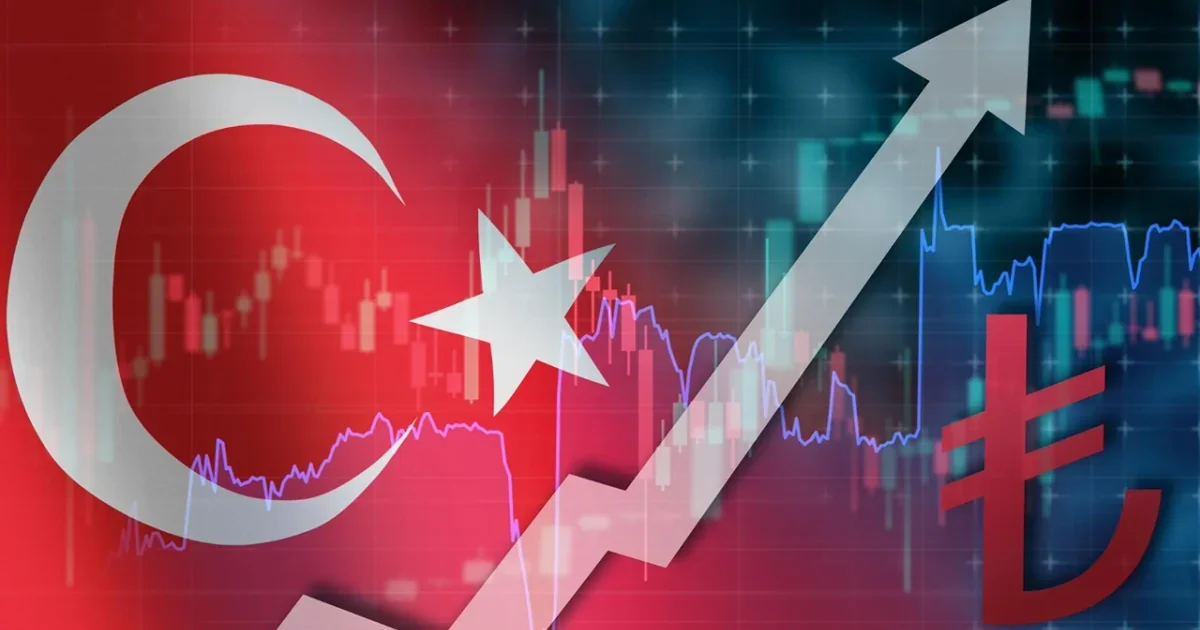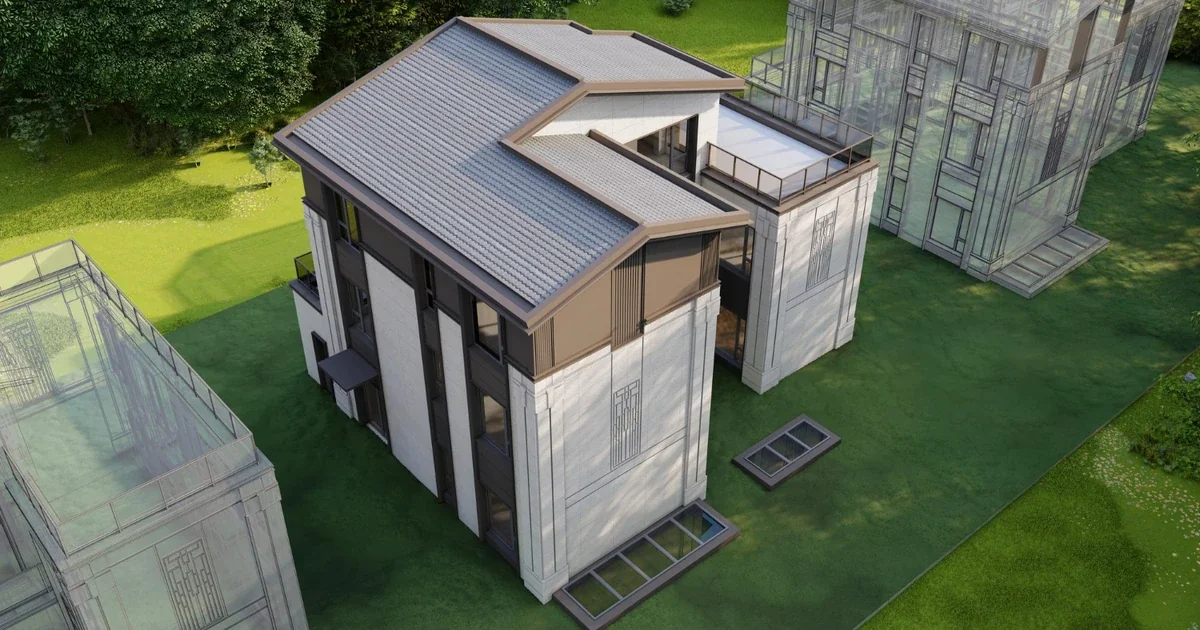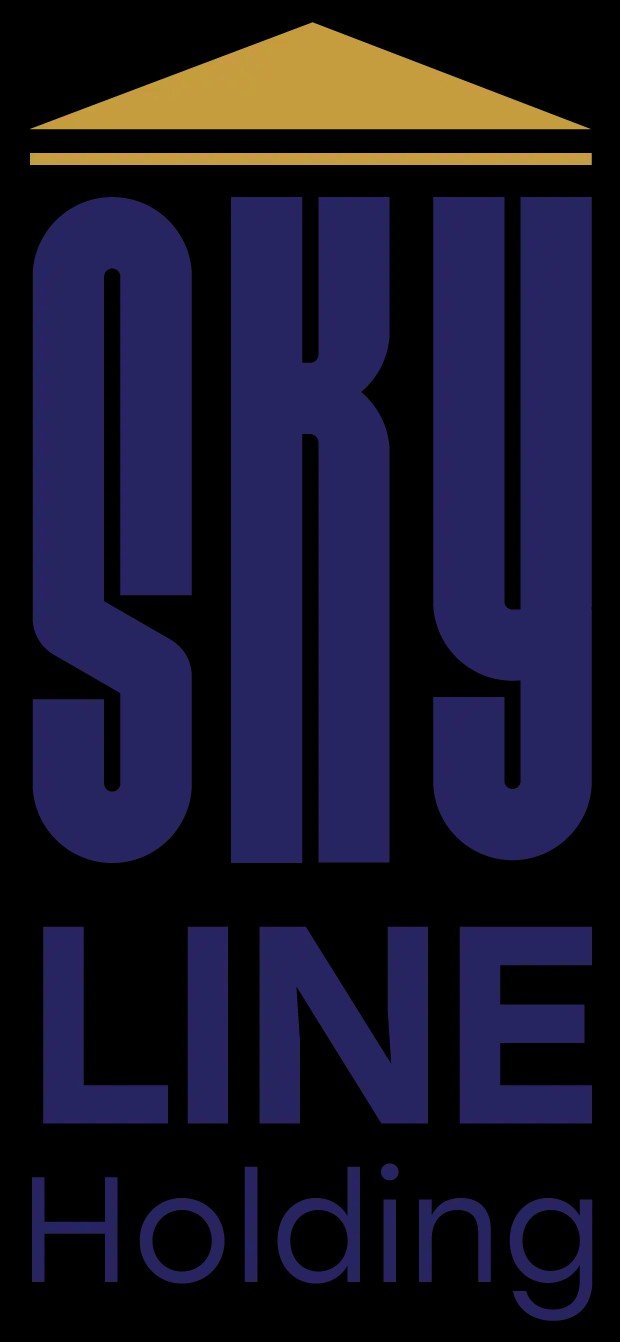Smart Homes - Cutting-Edge Automation and Luxury Technologies Transforming Gulf Real Estate
May 26, 2025
Gulf real estate is undergoing rapid evolution as smart-home technologies enter the UAE and Saudi markets. These homes integrate advanced automation systems that deliver unparalleled comfort and efficiency for residents, turning them into a new magnet for property investors. From automated control of lighting and appliances to high-tech security systems, home-automation solutions have become an essential component of modern luxury dwellings, simultaneously enhancing residents’ wellbeing and boosting property values.
Growth of the Smart-Home Market in the UAE and Saudi Arabia
The spread of smart homes is no longer confined to global markets—Gulf nations have made tangible progress in this arena. In the UAE, the smart-home market is expanding at more than 10 % annually, and household penetration of smart devices is expected to reach 23 % by 2028, according to Samsung Gulf Electronics. Experts attribute this robust growth to several factors, foremost among them rising consumer awareness of smart-home benefits, government support for smart-city initiatives, and the region’s cutting-edge telecommunications infrastructure. Ubiquitous 5G and fiber-optic networks have improved device connectivity and big-data processing, paving the way for advanced Internet-of-Things (IoT) applications in the home.
In Saudi Arabia, the market is experiencing a qualitative leap driven by Vision 2030 and nationwide digital transformation. The Saudi smart-home sector was valued at roughly US $416 million in 2023 and is projected to surpass US $2.13 billion by 2030, with a compound annual growth rate of about 26 % over that period. This rapid rise positions the Kingdom as one of the region’s fastest adopters of smart technologies. Although Saudi Arabia’s current share of the global market is relatively small (around 0.4 % in 2023), hefty investments in smart-city projects and tech infrastructure point to a stronger presence in the coming years. Local and international firms are joining forces to supply advanced IoT solutions to Saudi homes; for example, Aqara signed a memorandum of understanding in late 2023 with IoT Squared—a joint venture between STC and the Public Investment Fund—to deliver tailored smart-home products that support Vision 2030. Such developments underscore the Gulf smart-home market’s ongoing expansion, buoyed by high per-capita income and residents’ appetite for technologies that simplify daily life.
Key Home-Automation Technologies in Smart Homes
Smart homes revolve around an array of advanced technologies that provide seamless automation and a more comfortable, secure living experience. Leading examples include:
- Smart lighting: Intelligent lighting systems are a cornerstone of today’s smart home. Users can control brightness, colors, and on/off schedules via mobile apps or voice commands with ease. Beyond convenience, smart LED bulbs and energy-saving modes improve power efficiency. Smart lighting has become standard in many new UAE residences, allowing occupants to tailor ambience for entertaining guests, watching a movie, or simply unwinding—at the tap of a button or a spoken instruction.
- Smart security and surveillance: Smart homes feature cutting-edge security solutions such as connected cameras, video doorbells, and digital door locks. Homeowners can monitor entrances and outdoor areas anytime from their phones and receive instant alerts if suspicious movement is detected. Some smart locks even let residents enter key-free via smartphone or fingerprint, combining heightened security with convenience. Alarm systems can also link to smart sensors that detect smoke or water leaks, preventing incidents before they escalate. Altogether, these technologies give homeowners peace of mind through continuous monitoring and remote control of home security.
- Intelligent climate and HVAC control: Given the Gulf’s hot climate, smart thermostats and HVAC management take top priority. A smart thermostat can automatically schedule and adjust AC settings based on time of day and occupancy, maintaining comfort while minimizing energy use. Such systems learn user behavior—cooling the home before residents return and scaling back when they leave—significantly reducing electricity bills. Complementary solutions like smart blinds can close automatically during peak sunlight to aid natural cooling. Intelligent climate control not only upgrades comfort but also supports sustainability by cutting energy waste, aligning with Gulf states’ goals to reduce emissions and improve efficiency.
Notably, integration among these technologies is now the prevailing trend. Consumers no longer settle for isolated smart solutions; they seek unified platforms that let them manage everything through a single app. Central control systems have therefore emerged as the smart home’s “brain,” coordinating lighting, HVAC, security, and entertainment simultaneously. With built-in artificial intelligence that learns user preferences and adapts automatically, these all-in-one solutions make the smart-home experience smoother and more personal than ever.
How Do Smart Homes Affect Property Value and Investment Appeal?
The benefits of smart homes extend beyond resident comfort to encompass property value and marketability. Smart features lend a contemporary, upscale feel to a residence, boosting its appeal to buyers and tenants. High-income and tech-savvy purchasers often gravitate toward properties equipped with ready-to-use smart systems, preferring them over conventional homes. Global surveys indicate that most respondents believe smart technologies raise resale value; some estimates place the premium at 3–5 % compared with similar properties lacking these features.
In addition to higher potential sale prices, smart-equipped homes can sell or lease faster; their unique positioning meets growing demand for tech-forward living spaces. For rental investors, owners can justify higher rents by offering advanced in-home technology—such as climate control that cuts energy bills or security systems that provide extra peace of mind.
Operationally, smart technology can also lower maintenance and running costs for investors holding rental portfolios. Smart water-leak and smoke sensors provide early warnings, reducing damage and costly repairs. Likewise, digital door locks trim re-keying expenses between tenants, as codes can be reprogrammed with a few clicks. Insurance companies in some markets have begun offering discounts on homes outfitted with smart security and monitoring, acknowledging their role in mitigating risk.
Collectively, these factors mean investing in smart-home upgrades can yield tangible returns for property investors by increasing asset value, reducing expenses, and attracting premium tenants. Broadly speaking, smart homes are viewed as an investment in a property’s future—ensuring it remains aligned with market trends and the needs of generations to come.
Read also: PropTech Revolution – Virtual Reality and Interactive Tours in Real-Estate Marketing
Examples of Real-Estate Projects Featuring Smart Homes in the UAE and Saudi Arabia
Gulf developers have recognized the importance of embedding smart technology in their projects to enhance value and attract clients. In the UAE, several pioneering initiatives stand out. Abu Dhabi’s Masdar City was one of the first sustainable urban complexes to adopt the smart-city concept, designing residences to be energy-efficient and fitted with smart lighting, cooling, and other controls. In 2023, Dubai developer Emaar unveiled the region’s first 3D-printed show villa equipped with a fully integrated smart-home system. Spanning 202 m², this prototype features Xiaomi’s AIoT ecosystem—including smart vacuum robots, air purifiers, surveillance cameras, and more—showcasing a fusion of advanced construction and next-generation automation that hints at the future of rapid smart-building.
Beyond flagship projects, many new residential communities in Dubai and Abu Dhabi now include smart-home packages as part of building standards. Some modern villas and apartments come pre-installed with remote climate, lighting, and multi-room audio controls to lure buyers seeking top-tier comfort and technology. Since 2020 we have seen partnerships between developers and tech firms to achieve this, such as Emaar’s collaboration with Xiaomi to roll out the “Emaar Smart System,” which lets residents manage home devices effortlessly from a single app. This trend cements the UAE’s reputation as a hotbed for smart-home adoption.
In Saudi Arabia, NEOM stands out as the largest future-forward project built entirely around smart technologies. Rising in the Kingdom’s northwest, NEOM aims to set a global benchmark for hyper-connected cognitive cities where the smart home is the default. Residences will be outfitted with sensors and IoT systems that communicate seamlessly to maximize comfort and efficiency. Imagine a home that recognizes your preferences, automatically adjusting lighting, temperature, and entertainment the moment you walk in—that is precisely what NEOM’s AI- and IoT-driven dwellings promise.
While NEOM is still under development, other Saudi cities are also moving in this direction. In Riyadh, the Darraq Al Hada compound, completed in 2023, comprises 75 luxury villas fully equipped with modern smart-home systems, illustrating local developers’ embrace of advanced automation in high-end housing. Saudi firm Mahat Energy is likewise offering turnkey solutions to retrofit existing houses, installing energy-efficient lighting and integrated control systems to expand smart-home benefits to both new and established properties.
In conclusion, smart homes are clearly more than a passing tech trend in Gulf real estate—they represent a fundamental shift redefining comfort, luxury, and efficiency in modern living. With growing investor and developer enthusiasm for leading-edge home automation in the UAE and Saudi Arabia, this sector is set to keep expanding at pace. Investing in a property outfitted with smart technologies today is a wager on tomorrow’s housing, where the smart home becomes the new standard for the most coveted and valuable assets in the Gulf market.
Sources:
- Grand View Research Report – Saudi Arabian Smart-Home Market 2024
- Renub Research Report – UAE Smart-Home Market 2024
- Mahat Energy – Smart-Home Technologies in Saudi Arabia 2024
Read also: Why Is the UAE Real-Estate Market Continually Rising? An Investment-Opportunity Analysis
Keywords
What is your budget?
Recommended Articles

December 15, 2025
How to Choose the Right Property in the UAE? 2026 Investor Guide
How to choose the right property in the UAE for 2026. A comprehensive guide covering best areas, ROI calculation, and off-plan buying risks.

November 13, 2025
Turkey’s 2025 Economic Program: How Will It Affect Inflation, the Lira, and the Real Estate Market?
The new Turkish economic program: what it means for investors and how it will impact inflation, the lira, and real-estate investment opportunities in Turkey.

July 8, 2025
Modular vs. Traditional Construction: Speed, Cost, and Durability
A comparison of modular and traditional construction in terms of execution speed, project costs, and durability—essential insights for real‑estate investors.
